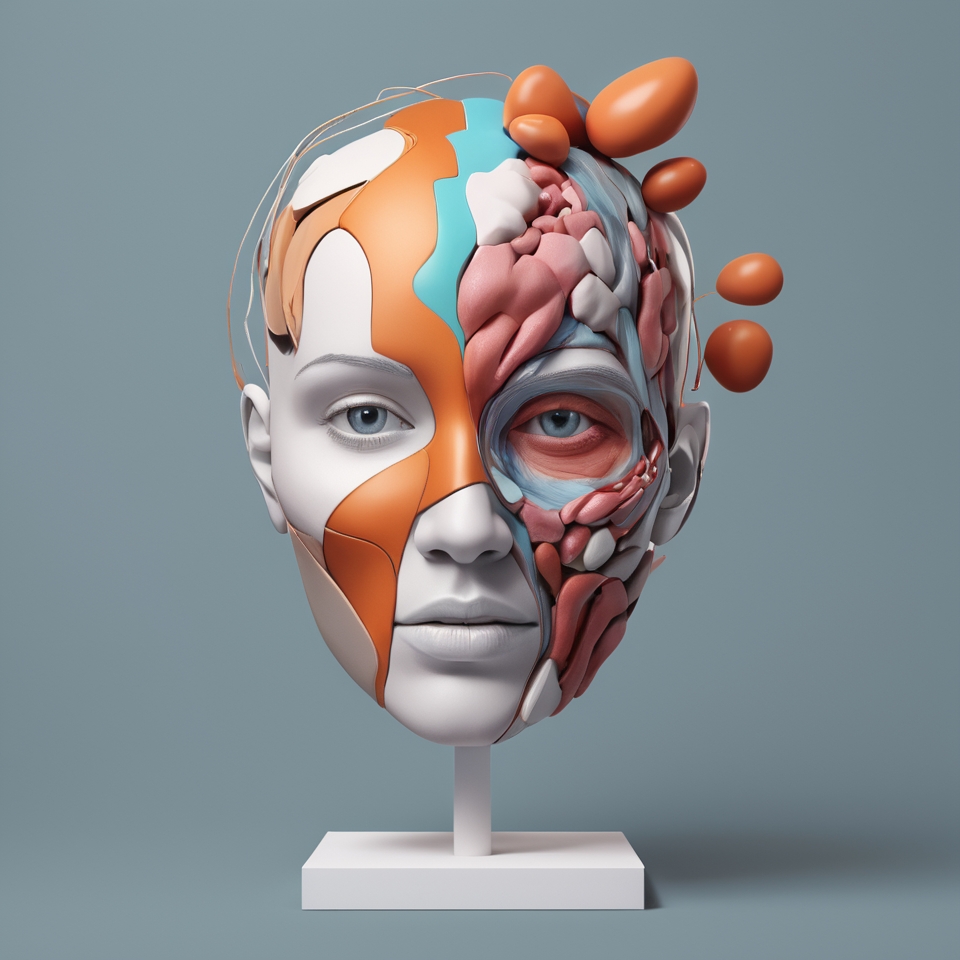In today’s digital age, our lives are increasingly intertwined with technology, bringing both convenience and challenges. As we navigate the vast digital landscape, it’s crucial to protect our mental health. Here’s how you can safeguard your well-being in a digital world:
1. Set Boundaries for Screen Time
Establish Time Limits: Allocate specific times of the day for digital activities and stick to them. Avoid excessive screen time, especially before bed, as it can interfere with sleep.
Take Regular Breaks: Practice the 20-20-20 rule: Every 20 minutes, look at something 20 feet away for at least 20 seconds to reduce eye strain and mental fatigue.

2. Curate Your Digital Environment
- Mindful Consumption: Be selective about the content you engage with. Follow accounts that inspire, educate, or uplift you, and mute or unfollow those that cause stress or negativity.
- Digital Declutter: Regularly clean up your devices by deleting unnecessary apps, files, and notifications. A clutter-free digital space can lead to a calmer mind.

3. Practice Digital Detox
- Scheduled Breaks: Designate times during the week to unplug completely from digital devices. Use this time to reconnect with nature, engage in hobbies, or spend quality time with loved ones.
- Social Media Sabbaticals: Consider taking periodic breaks from social media to recharge and focus on real-world interactions.
4. Prioritize Real-Life Connections
Face-to-Face Interaction: Make time for in-person conversations with friends and family. These interactions foster deeper connections and provide emotional support.
Balanced Socializing: Use digital communication to enhance, not replace, real-life relationships. Balance online interactions with offline experiences.
5. Protect Your Privacy
- Secure Your Information: Regularly update passwords, use two-factor authentication, and be cautious about sharing personal information online.
- Mindful Sharing: Think twice before posting personal details or engaging in online debates that could lead to stress or anxiety.


6. Be Aware of Digital Triggers
- Recognize Stressors: Identify online activities that trigger negative emotions, such as comparing yourself to others on social media. Limit exposure to these triggers.
- Practice Mindfulness: Engage in mindfulness practices to stay present and reduce anxiety. Apps like Headspace or Calm can be useful tools.
7. Seek Support When Needed

Talk to Someone: If you’re feeling overwhelmed, don’t hesitate to reach out to a friend, family member, or mental health professional.
Online Therapy: Consider exploring online counseling options if you prefer virtual support. Many services offer flexible and confidential sessions.
8. Stay Informed and Educated
- Understand Digital Wellness: Educate yourself on the impact of technology on mental health and learn strategies for maintaining balance.
- Keep Updated: Stay informed about new tools or apps that promote digital well-being and mental health.

9. Cultivate Offline Hobbies
- Engage in Physical Activities: Regular exercise can boost mood and reduce stress. Consider activities like walking, yoga, or team sports.
- Pursue Creative Outlets: Hobbies such as reading, painting, or gardening can provide a much-needed break from screens and stimulate mental well-being.
10. Promote a Healthy Sleep Routine
- Establish a Night Routine: Set a consistent bedtime and create a relaxing pre-sleep routine that doesn’t involve screens, such as reading or meditation.
- Limit Nighttime Exposure: Reduce exposure to blue light from screens before bed to improve sleep quality.
By taking proactive steps to manage your digital life, you can create a healthier balance between the online and offline worlds, ensuring your mental health remains a priority.

Discover The Proven Strategies To
Overcome Anxiety
…Banish worry TODAY and live a panic-free existence!

